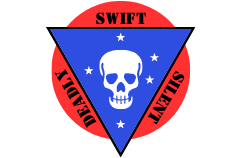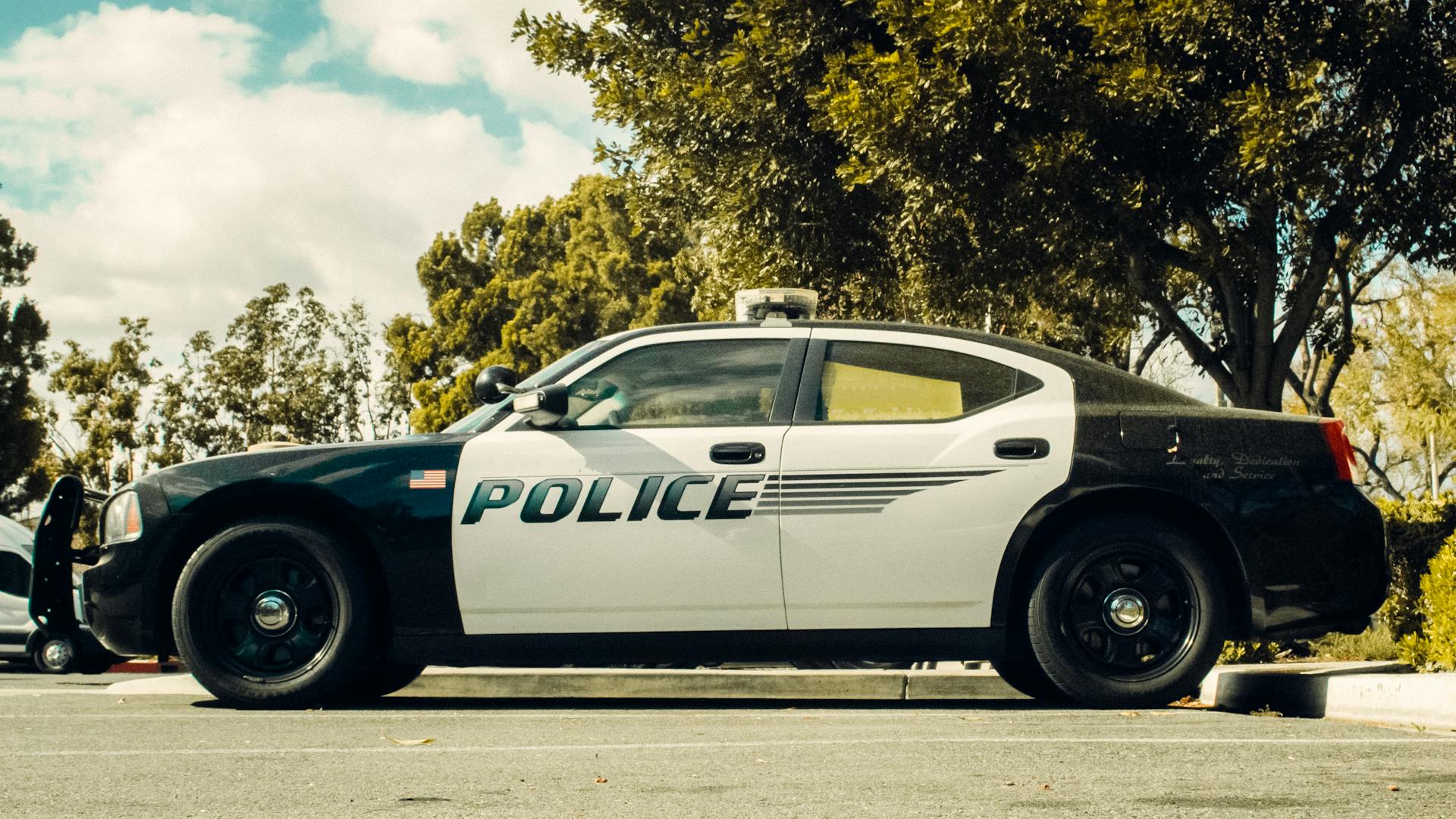Last year I attended a very, very good tactical medicine class that I paid for out-of-pocket. One thing that interested me was a student question about Narcan: “why would you bother saving their life?” I have been fascinated by that question ever since, and it came up again recently. I wrote this article in May of 2020. For some reason I shelved it and forgot all about it until I read this last week. Since I wrote this article I’ve had the opportunity to administer Narcan several times on the job. My opinion hasn’t changed.
I am currently a student in an EMT class. This is my second go ’round and a lot of things have changed, including the inclusion of Naloxone (Narcan) as a drug that can be administered by basic-level EMTs. Recently, after spending a full Saturday in class I was telling some friends about the day’s training. We had done Narcan labs that day and someone remarked, “or you could just look the other way. . .”
We All Make Choices
This sentiment is not very uncommon. To me that is a really interesting line of thinking. Yes – using opioids is a choice, and it’s a bad one. What makes this sentiment so interesting to me is the idea that it’s the only bad choice a person could make. The guy that said that uses smokeless tobacco, drinks copious amounts of soda, doesn’t exercise. Even at a fairly young age (early 20s) he’s got a belly. It’s no secret that tobacco causes cancer, poor dental health, stomach problems, elevates blood pressure and heart rate…just to name a few.
And just small amounts of excess adipose tissue causes all sorts of maladies. It elevates the risk of diabetes significantly. Being fat increases your risk of heart disease, causes fast wear-and-tear on your joints, lowers sleep quality, and increases the risk of some cancers. He knows the risk inherent with what he’s doing. Ten or fifteen or twenty years from now when he needs cancer treatment should medical providers “look the other way?” This slope gets real slippery, real quick.
To recap, he uses a substance for the pleasure it provides. He is addicted to it, In return it damages his health and directly costs tens of thousands of dollars over a lifetime. If he ends up with cancer, his decision it will tax our healthcare system for hundreds of thousands and take care away from others. And more likely than not YOU, the taxpayer will end up footing at least some of that bill. How is the view from inside that glass house?
And For That Matter…
Should EMS providers “look the other way” when his life-long smoker mom calls 911 in respiratory distress? She made the choice to smoke. What about when his obese dad has a heart attack? He made choices that lead to poor health and a sick heart. Should we decline to provide treatment when his brother has a motorcycle crash? He made a choice to be on a motorcycle rather than in a much safer “cage” so it’s on him…right? For that matter, should we only treat victims of car crashes who are in the very safest of cars? Should paramedics measure tread depth and tire pressure to make sure cars were in sound working order before treating accident victims?
Make no mistake: I’m not an advocate of using opioids, and I’m no a bleeding-heart. Using opioids is stupid, but it’s far from the only stupid decision out there. We all make choices. Years ago, as a volunteer firefighter, I helped extricate more than one dumbass teenager out of a car crash – the end result of a chain of stupid decisions. I helped fight one working structure fire that took the life of a young boy. It was caused by putting a penny in the home’s fuse box rather than replace the fuse. I fought another fire with multiple fatalities caused by a man stripping a floor with gasoline. Again, the result of stupid decisions and known risk.
Some choices – like opioids and motorcycles – will kill you fast. Some, like processed foods and cigarettes will kill you slowly. Keep your choices in mind. Are you a smoker? Do you work out for at least 30 minutes, 3 times per week? Are you overweight? Do you drink to excess? Do you get eight hours of high-quality sleep every night? Do you eat a whole foods diet? Do you speed or text while driving? Trust me, you don’t want others deciding if you get medical treatment or not.
The Point
Which gets to the real point: I loathe inconsistency of thought. Such inconsistency is fostered by our system of political tribalism. We largely believe – blindly – what our party tells us to believe. When the principle (“the state shouldn’t decide life or death!” or “no gun control!”) becomes inconvenient, it is jettisoned and we are re-focused on a tangential aspect (“drugs are bad!” or “he’s better than the other guy!”) that makes us discard the principle.
Don’t forget the principle of what you’re supporting or opposing. Never forget that somewhere out there, someone doesn’t like something you’re doing, either. One day they may very well try to exercise their choice in whether you get medical care or not. Let’s uphold the principle of what we believe, even if the specifics are sometimes hard to swallow.
Secondly, get let’s get our own house in order before we start throwing stones. If we’re not doing everything perfectly (and who among us is?) then we have some room for improvement. Criticize inwardly and improve yourself before criticizing outwardly.
Rant out!





